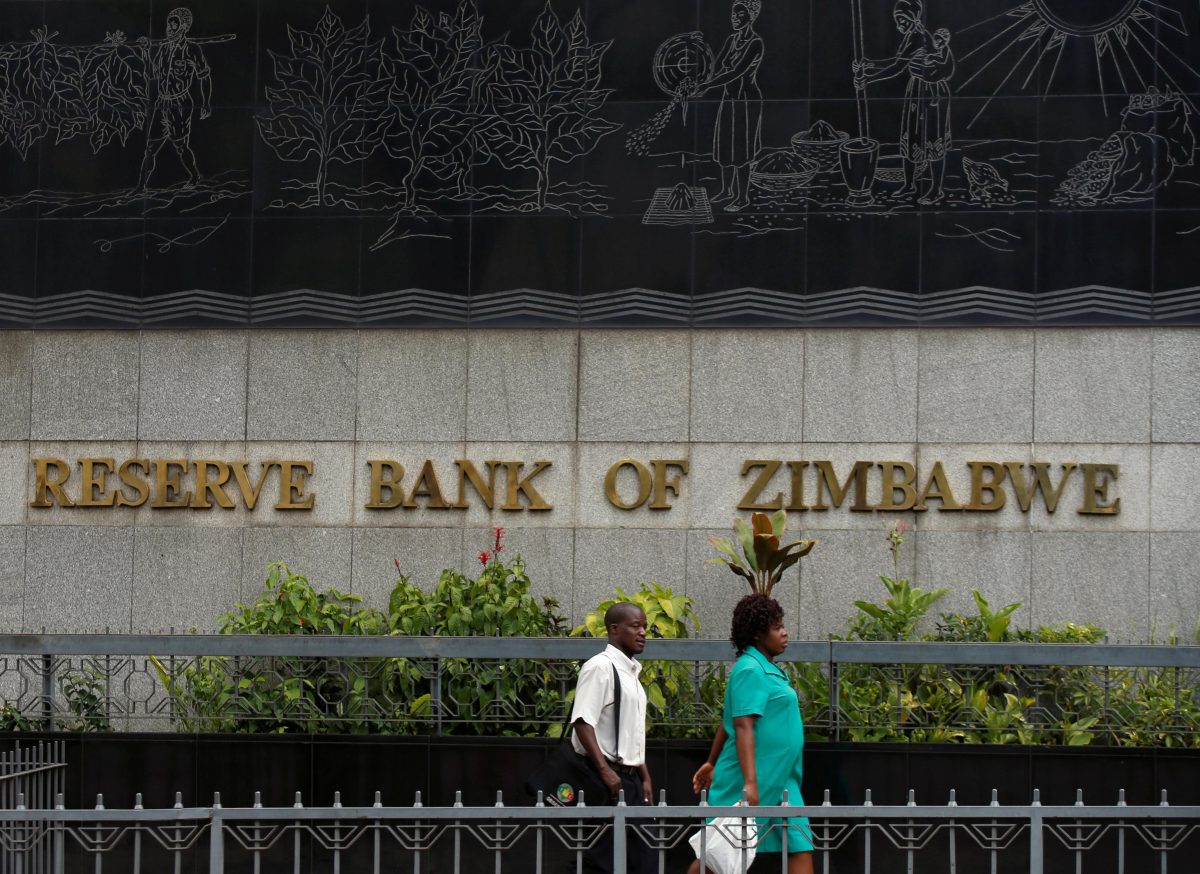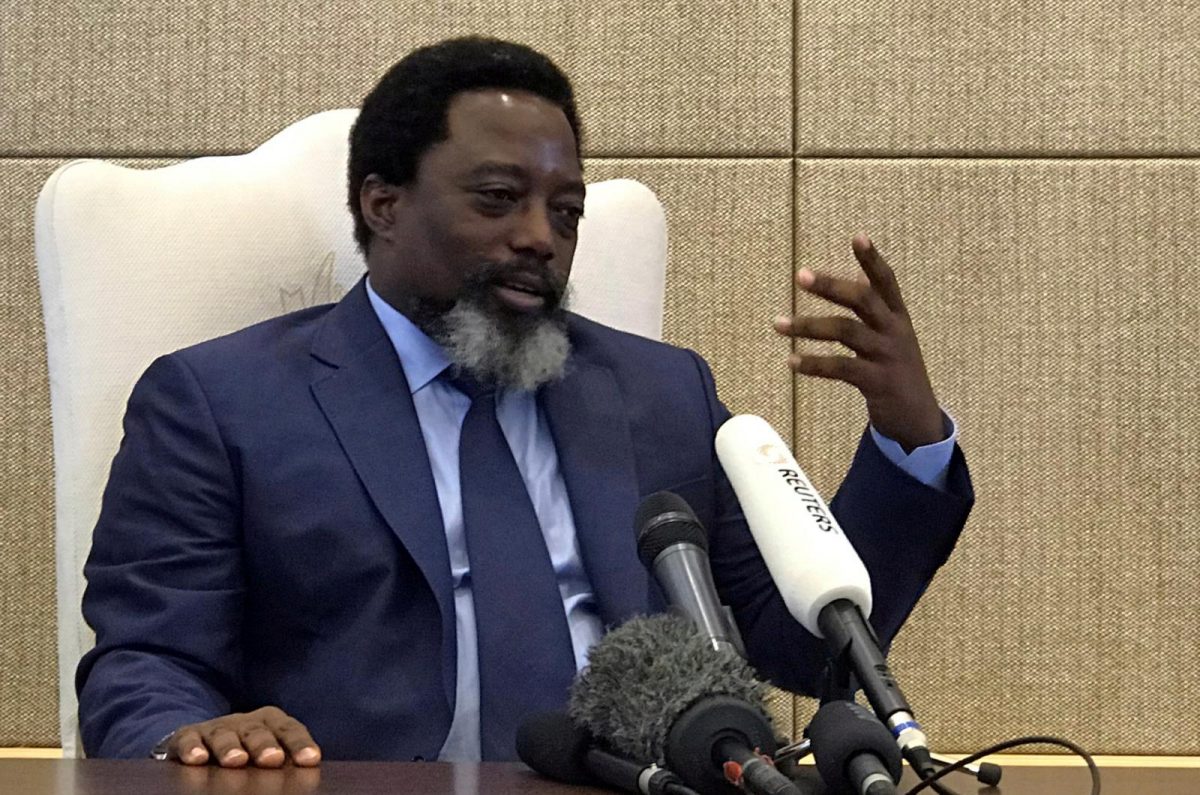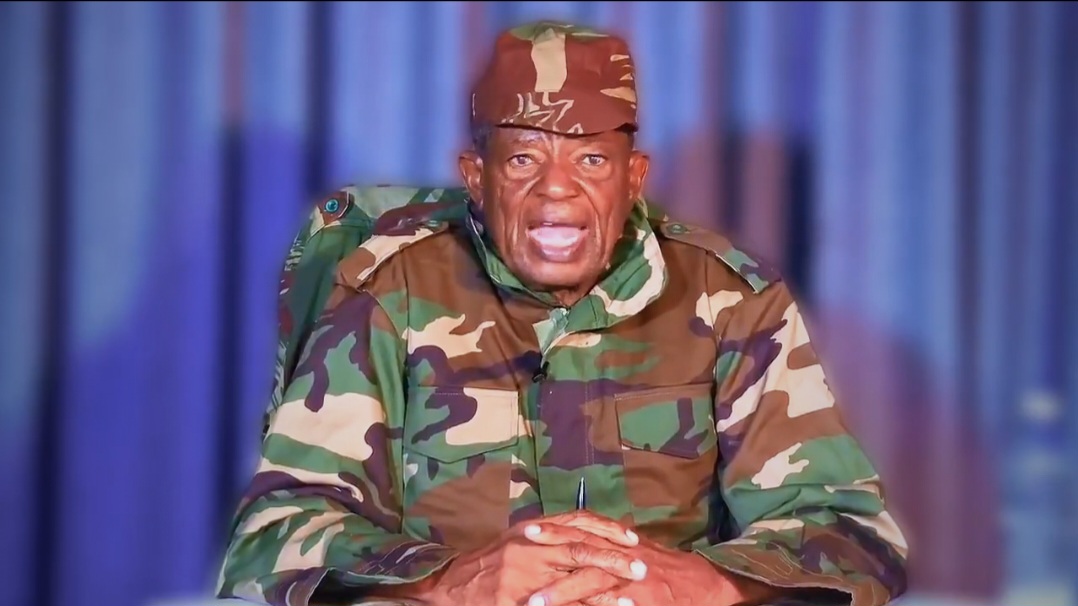HARARE – Zimbabwe is printing new bank notes to ease cash shortages, the central bank said.
Cash is in short supply in banks, which has seen the few notes in circulation being sold at a premium on the parallel market.
Now, the Reserve Bank of Zimbabwe says it is printing higher denominated notes as part of its currency reforms following the re-introduction of the Zimbabwe dollar in June.
“There are currency reforms that have taken place over the past few months and we have been working on ways to try and ameliorate the current cash shortages,” RBZ deputy director for finance and markets, William Manimanzi, told parliament’s budget and finance committee on Wednesday.
“I am not privy to the dates, but what is happening is that new notes will be available soon so that they meet the required cash demands. Obviously, these notes are going to be printed outside the country and this requires foreign exchange. That is all I can say at the moment — but maybe in a few months — I don’t know exactly when, but those new notes will be available.”
He said the bond notes and coins introduced in 2016 as an export incentive before becoming the surrogate currency had virtually disappeared from the banking system and were now being traded on the parallel market.
“Those funds were allocated to banks, but unfortunately, the bond note has become a commodity and its circulation is now outside the banks,” Manimanzi said.
Early this month, the government denied claims by economist Eddie Cross that a new currency will come into circulation in November.
Cross, who sits on the recently established Monetary Policy Committee, said the new currency “should do away with the queues at the banks and people then should have adequate money for daily use.”
Economist John Robertson has cautioned the central bank to restrain its printing press, warning excessive money circulation will drive up inflation.
“The central bank must keep its promises that there will be no excessive money in circulation. Banks have to buy cash from the central bank and the central bank must not put money in circulation that is not paid for by banks. The money must not be excessive as it will drive inflation,” Robertson told NewsDay.
“There must limited production of notes, but enough for automated teller machines to start working again. If people start to have confidence in the banking system, there will be stability and they will bank their cash.
“Another issue is there should be a balance between supply and demand. The exchange rate must be stable. If the exchange rate remains stagnant for a year, inflation will go down. The quantity of money in circulation must not distort currency value.”
















